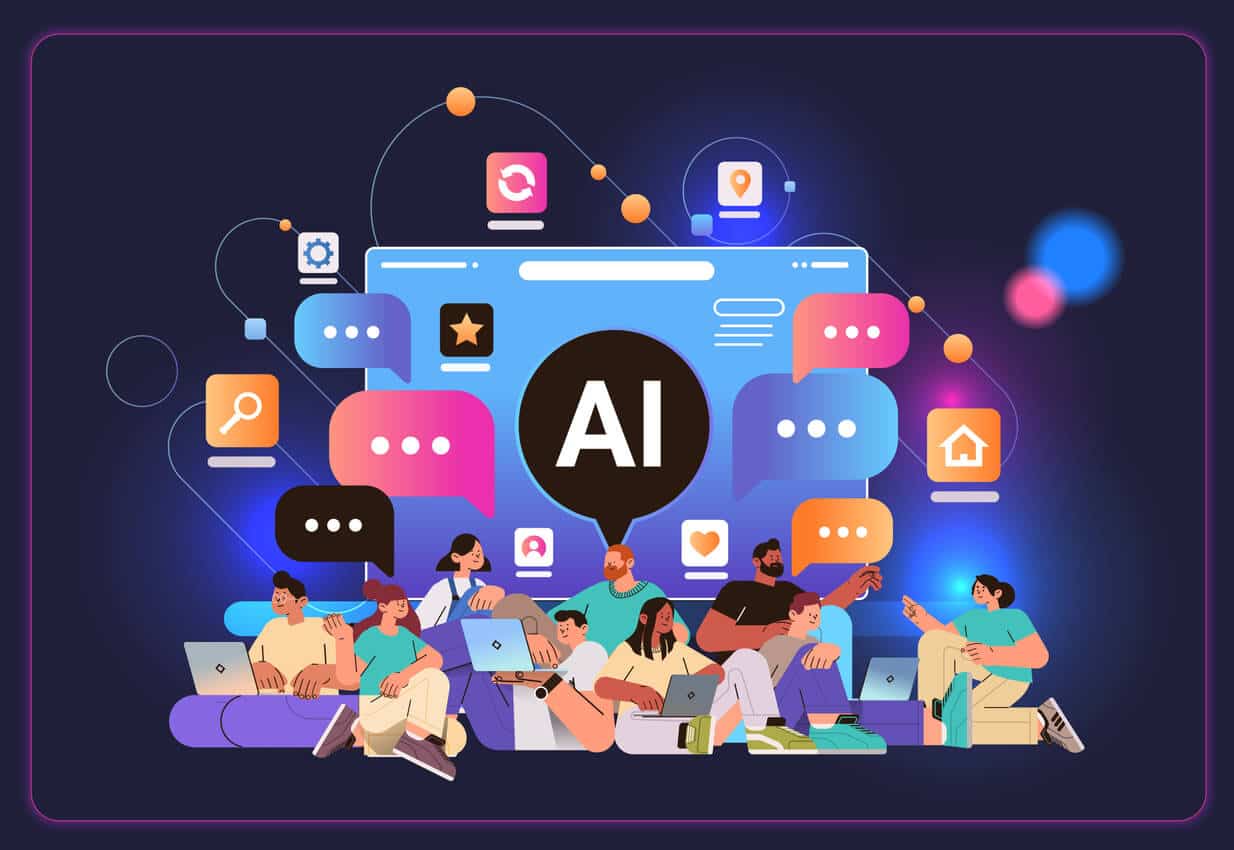Artificial Intelligence (AI) is rapidly transforming the landscape of writing, offering powerful tools that enhance creativity, streamline workflows, and support content generation. For writers, understanding how AI works—and how to use it effectively—can be the key to staying relevant and productive in a digital-first world.
What is AI in Writing?
AI in writing involves using machine learning algorithms and natural language processing (NLP) to generate, edit, analyze, or assist in the creation of written content. From grammar checkers to full-scale content generators, AI tools are becoming indispensable allies for authors, journalists, marketers, and creatives alike.
Key Applications of AI in Writing
Content Generation
AI writing tools like ChatGPT, Jasper, and Writesonic can produce drafts, headlines, stories, blogs, and even poetry from simple prompts. Writers can use these tools to overcome writer’s block, explore ideas, or accelerate their content production.
Editing and Proofreading
Grammar and style tools powered by AI—such as Grammarly or Hemingway—offer advanced suggestions beyond basic spelling checks. They analyze tone, clarity, and sentence structure to help refine and polish your writing.
Research Assistance
AI can help writers gather relevant information, summarize long articles, or suggest citations. This saves time and enhances the depth and accuracy of research-based writing.
Personalized Content
AI algorithms can tailor content to specific audiences by analyzing user data and behavior. This is especially valuable in marketing, where personalized messaging drives engagement and conversions.
Idea Generation and Brainstorming
AI tools can assist in brainstorming titles, plotlines, or topic ideas. Whether you’re writing fiction or a blog, AI can offer creative sparks that trigger new directions and perspectives.
Language Translation
Writers working in multilingual environments can use AI-powered translation tools to reach global audiences. These tools are increasingly accurate and context-aware, preserving the meaning and tone of the original content.
Considerations and Challenges
While AI brings many benefits, writers should approach it with an informed mindset:
- Maintaining Originality: Relying too heavily on AI may lead to generic or derivative content. It’s essential to add a personal voice and critical thinking to all AI-generated material.
- Ethical Usage: Writers should disclose when AI plays a significant role in content creation, especially in academic or journalistic contexts where authenticity is critical.
- Avoiding Bias: AI tools can reflect biases present in their training data. Writers should be mindful of unintended tone, stereotypes, or inaccuracies.
- Creative Ownership: Questions around who “owns” AI-generated text—especially when using prompts or models trained on public data—are still evolving legally and ethically.
Conclusion
AI is not here to replace writers—it’s here to empower them. When used responsibly, AI can act as a creative partner that enhances productivity, inspires new ideas, and elevates the quality of writing. The key is to strike the right balance: blending the efficiency of machines with the nuance, emotion, and originality only humans can provide.







Leave feedback about this